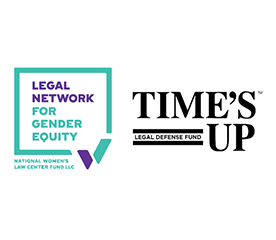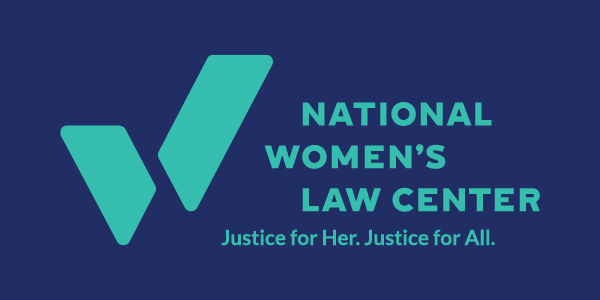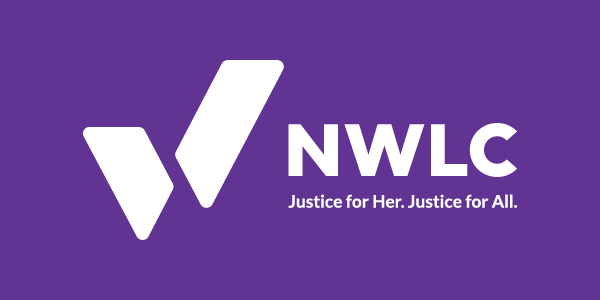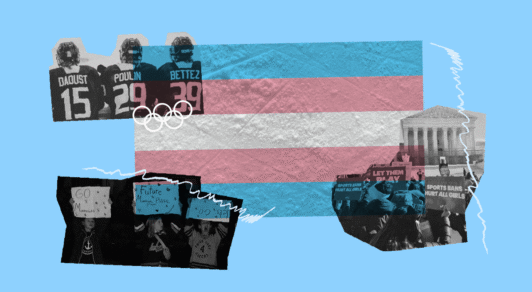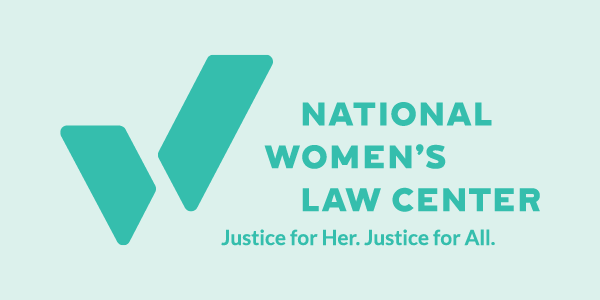Here is how it works:
1. Fill out this form. Here is more information about the form and our process. Please note that we will not see your form unless you answer all required questions and click “submit” on the last page.
2. If your situation involves sex discrimination or harassment when trying to get health care, we will send you the names of three attorneys in the Legal Network for Gender Equity who work in your state (even if they don’t live in your state).
3. You are responsible for reaching out to the attorneys to set up a call or meeting.
4. Attorneys in our network do a first consultation for free with anyone coming through our network. At that consultation you can talk about what happened to you and discuss your options.
5. After the free first call or meeting, you may want to hire the attorney. Some of the attorneys may offer free or low-cost services. Note that the Legal Network for Gender Equity will have provided you with the names and contact information of attorneys in the Legal Network for informational purposes only. By providing contact information of attorneys, the Legal Network, the TIME’S UP Legal Defense Fund, and NWLC are not endorsing, approving, vouching for, or recommending these attorneys or their firms.
6. You can look here for additional resources.
7. If you need help filling out the form or have questions, please contact us at [email protected] or call us at (202) 319-3053.
8. The Legal Network for Gender Equity (Legal Network) is housed and administered by the National Women’s Law Center Fund, LLC , an affiliate of the National Women’s Law Center (NWLC). NWLC is a legal advocacy organization that fights for gender justice – in the courts, in public policy, and in our society – working across the issues that are central to the lives of women and girls. Your request for legal help will be reviewed by NWLC staff. In some instances, NWLC staff may contact you about your situation to discuss engaging with NWLC in advocacy or litigation. However, NWLC typically only takes on a few matters each year. If NWLC is unable to take your case, as will be the norm, NWLC still may be able to connect you to private attorneys through the Legal Network. Please note that contacting us to request legal assistance does not create an attorney-client relationship with NWLC or with any attorney in the Legal Network.
If you or someone you know has faced discrimination in health care, there are various legal options available. You can go directly to court to stop acts of discrimination and get compensation for any injuries you suffered. You can also file a complaint with the Department of Health and Human Services Office for Civil Rights.





